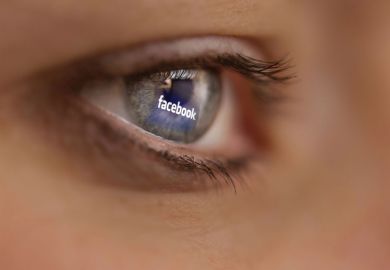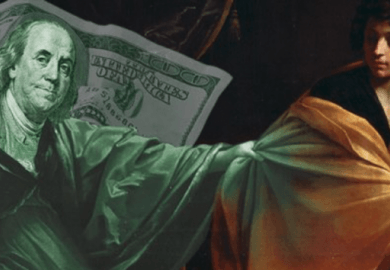Academic researchers who accept free meals, hotel stays and gifts from industry should be listed in a global register of outside interests, says the author of a study into the perks, worth millions of euros, received by French scientists.
According to a paper in Scientometrics, hospitality and gifts worth €77.8 million (£67.4 million) were received by university-affiliated medical researchers in France between 2014 and 2019.
Of the 3,936 researchers analysed, about 8 per cent had no history of receiving gifts, but the value of freebies accepted in some clinical fields was significant, with cardiorespiratory and vascular researchers picking up a median €30,404 over the period. In some cases, academic researchers received as much as €83,000 in travel, hotel stays and free meals.
Those figures were obtainable under France’s 2011 “Sunshine Act”, which requires industrial bodies to declare any “advantages” with a value of more than €10 provided to medical professionals.
With scientific research relying on international cooperation, however, other sectors should consider mandating their own reporting rules and creating national databases of their own, argued Florian Naudet, a researcher based jointly at the University of Rennes and the National Institute of Health and Medical Research (INSERM).
Such databases should be “global and interoperable”, argued Dr Naudet, who said the “French database is not perfect but…it is way better than a database in which researchers are declaring their competing interests”.
“Industrialists are obliged by law to fill this database and it actually works well, at least for gifts,” he continued, pointing out that declarations of interests at the end of scientific papers were not reliable because they often lacked detail about the value of gifts.
The value of gifts to researchers in France was likely to be trivial compared with the amounts paid in other countries such as the US, continued Dr Naudet, who is also affiliated with Stanford University’s Meta Research Innovation Center.
“The French are small players – if we are being ironic, we could say that they are sold for almost nothing,” he added.
The declarations to the French authorities were also likely to be the “tip of the iceberg” because the Sunshine Act did not adequately capture salaries paid by industry or benefits related to academic conventions, Dr Naudet said.
Register to continue
Why register?
- Registration is free and only takes a moment
- Once registered, you can read 3 articles a month
- Sign up for our newsletter
Subscribe
Or subscribe for unlimited access to:
- Unlimited access to news, views, insights & reviews
- Digital editions
- Digital access to THE’s university and college rankings analysis
Already registered or a current subscriber?








